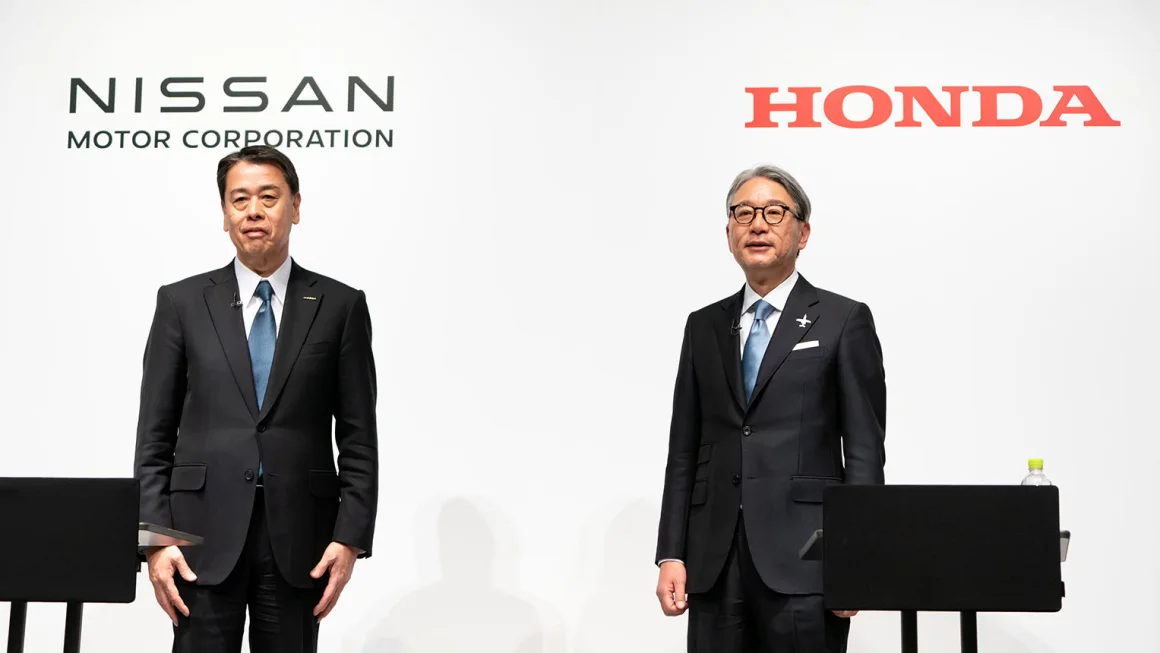Honda and Nissan are discussing a possible merger, potentially bringing together two Japanese automaking titans that have recently fallen on hard times.
The companies said in statement that they have been in talks, but they offered no details or timeframe for when a deal – if one should develop – may be completed. It’s also not clear what shape the possible joint-venture could take. Nikkei first reported the news of a potential tie-up Tuesday.
“As announced in March, Honda and Nissan are exploring various possibilities for future collaboration, leveraging each other’s strengths,” the companies said in a statement Tuesday. “If there are any updates, we will inform our stakeholders at the appropriate time.”
Honda and Nissan also confirmed to CNN that Mitsubishi is part of these preliminary talks, bringing a potential third major Japanese car manufacturer into the mix. Mitsubishi did not respond to requests for comment.
In March, Honda and Nissan announced that they would partner on electric vehicles and in August said they would collaborate on battery technology. But they could benefit from deepening their ties as both have faced challenges this year.
Both companies, like many non-Chinese automakers, have struggled in the once-promising China market, the world’s largest market for cars. Chinese consumers had flocked to foreign brands but have largely shifted to domestic brands, which have better perceived value in the country. China’s government has also provided incentives to help speed up customer adoption of electric vehicles and plug-in hybrids.
Although both companies offer EVs and plug-ins – Nissan, in particular, was a pioneer in EV technology – Chinese brands like BYD have eclipsed their technology and are priced more cheaply.
Nissan has also struggled since its former CEO, Carlos Ghosn, became a fugitive, fleeing Japan for his native Lebanon. Ghosn was arrested in Tokyo in 2018 on suspicion of financial misconduct, and Nissan fired him. Ghosn has repeatedly denied the charges.
His ouster shook up the powerful automaking alliance among Nissan, Renault and Mitsubishi. Once the largest automaking partnership in the world, Renault has since sharply reduced its ownership stake in Nissan, weakening the Japanese automaker.
Nissan said that its operating income between March and September fell 90% from the same period in the previous year.
Meanwhile Honda, which is roughly five times the size of Nissan, also faces challenges. The company announced plans to sell only zero-emission vehicles in major markets by 2040. But the transition has been slow going, as relatively low gas prices, insufficient charging infrastructure and increased competition have dragged down demand for EVs in the United States and Europe.
